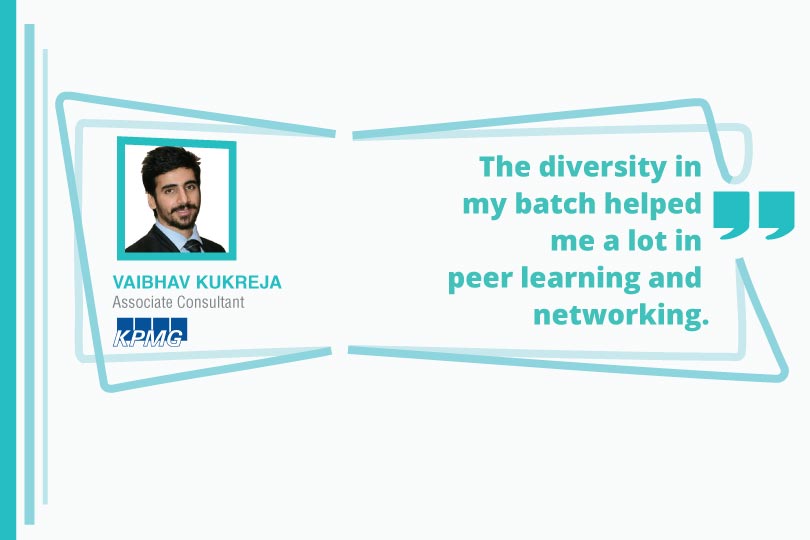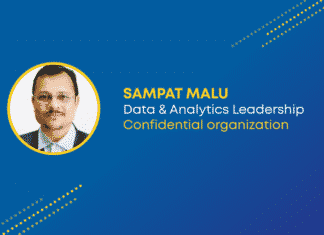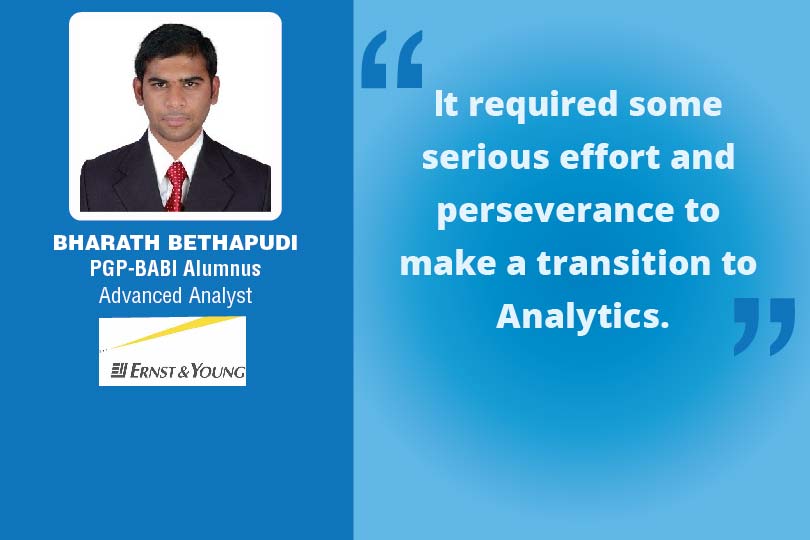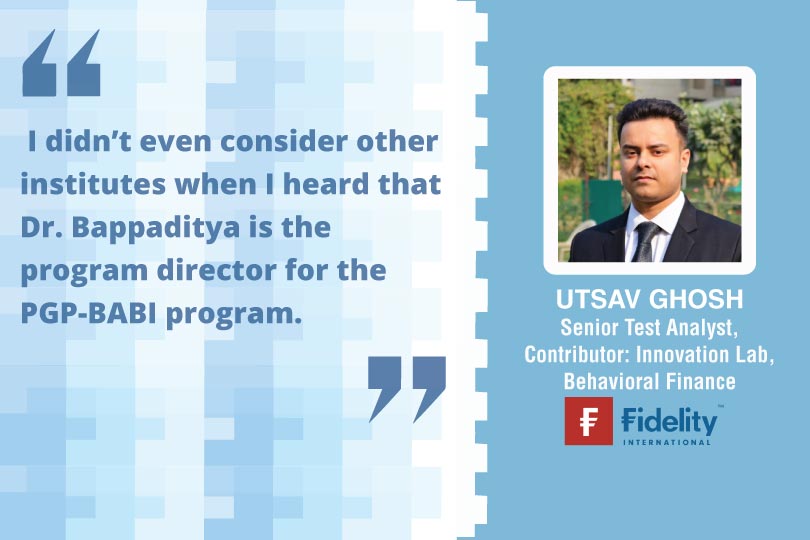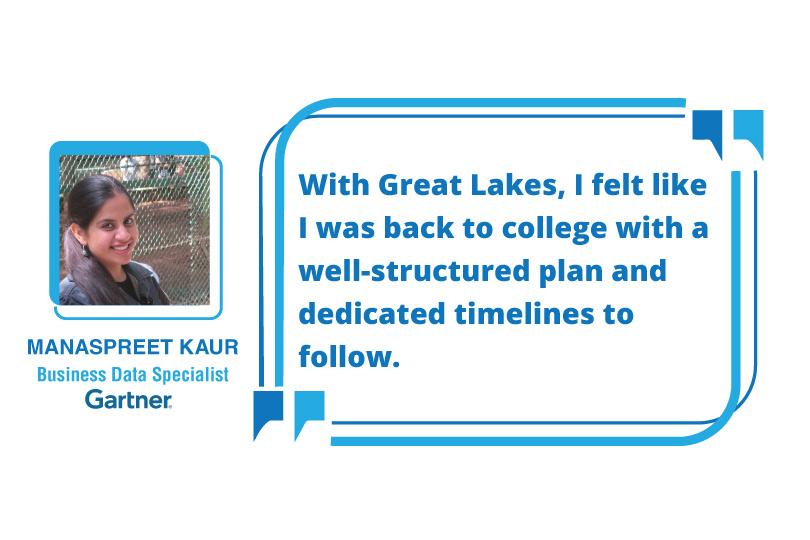My Journey So Far: I completed my engineering in 2013 and joined McKinsey as an IT Specialist. At McKinsey, I worked on root-cause analysis, problem management cases and reporting. We used Tableau extensively. In case there was troubleshooting that immediately needed to be done for different technologies, we would visualize and see what the pain points are and the reasons for customers not logging in, etc.
My Role in KPMG: In KPMG, my role is with Strategic Profitability Insights. We get a lot of customer data and our aim is to generate insights depending on the engagement data. Customer segmentation, clustering, customer lifetime value and geo-spatial analysis are used extensively. The outcome we try and focus on is how to grow the business and which customers/regions to target.
I Wanted to Understand the Business Aspect of an Analytical Problem: I was already working on Tableau and I wanted to shift to the business side because, earlier, I was mostly working on technology-related data. I was doing a root-cause analysis using machine data. So I wanted to add an altogether different perspective and vertical to my profile. PGP-BABI was a perfect fit for me because the primary motive of the course is to develop business insights. I believe I couldn’t have made a better decision about pursuing this program. The program is very well structured and we had exposure to analytics in different domains starting with marketing, finance, supply chain, etc. It’s not easy to grasp concepts without experiential learning but the hands-on practice during the program helped everyone, even those who weren’t from an analytics background.
I Chose Great Lakes PGP-BABI for its Blended Learning Model and Faculty: One of the primary reasons for enrolling in the program was blended learning where I could leverage the benefits of classroom learning while continuing with my job. I wanted a real physical classroom experience where I could interact with the faculty and my peers. The second was the world-class faculty. I researched about the faculty and realized that they are the best in the business. Last but not the least, the diversity in my batch helped me a lot in peer learning and networking.
My PGP-BABI Experience Highlights: I really liked the fact that the faculty members were really approachable. We didn’t feel like there is anything stopping us from getting even our basic doubts cleared. They were really supportive in our learning journey. The second was, of course, the capstone project. It was a real learning experience, the first case study that we did in-depth from start to finish. The capstone project opened up the avenues for creative thinking and how to approach and structure a problem.
The PGP-BABI Course Helped me Transition to Analytics: One of my batch mates at Great Learning was in a hiring position at KPMG. He contacted me, I interviewed and as they say the rest is history. One thing I observed early on was that I got shortlisted in several companies once my updated CV said I had pursued PGP-BABI. The interview process was fairly relevant to what we had studied in the program. Most of my interview questions were about the fundamentals of statistics and what I had learned in the program about analytics than the programming part of it. Most companies seek an analytical bent of mind rather than languages and tools.
Tools and Techniques I Use at Work: Currently, I use Alteryx, Tableau, and R. these are the three mostly used tools along with Microsoft Excel.
My Advice to Candidates Aspiring to Venture into Analytics: My honest advice is to develop the structural ability to solve business problems. Even if you don’t have the relevant experience for business analytics, learning it in a structured way and applying it to a few projects can help immensely while applying for jobs. For example, the capstone project I did at Great Learning was the focal point of my interview discussion and subsequent success. The capstone project really helped me know an analytical project’s lifecycle from start to finish and answer all questions confidently. Even smaller hands-on projects will help you build a body of work that you can showcase to potential employers. A resume with some relevant experience or projects will definitely be shortlisted first. I am in a financial firm but I wasn’t from a finance background and didn’t use algorithms. I learned R at Great Learning. But I was able to crack my interview because my fundamentals were clear and I had built a body of work through my projects.
